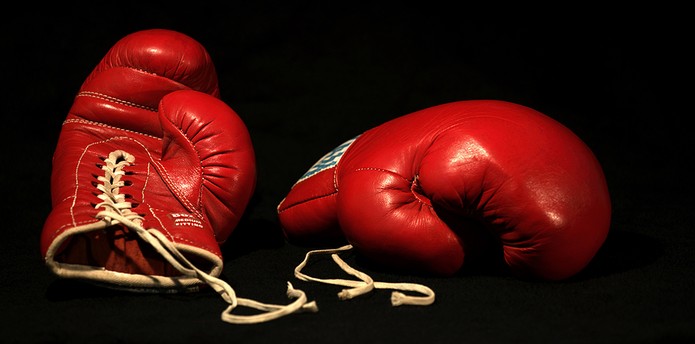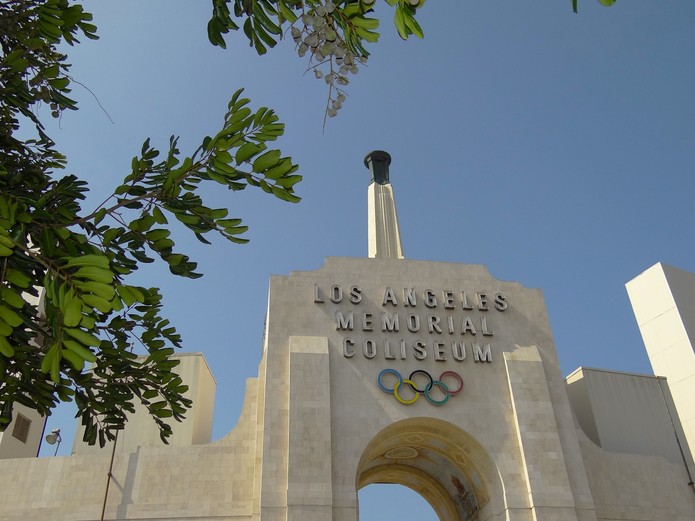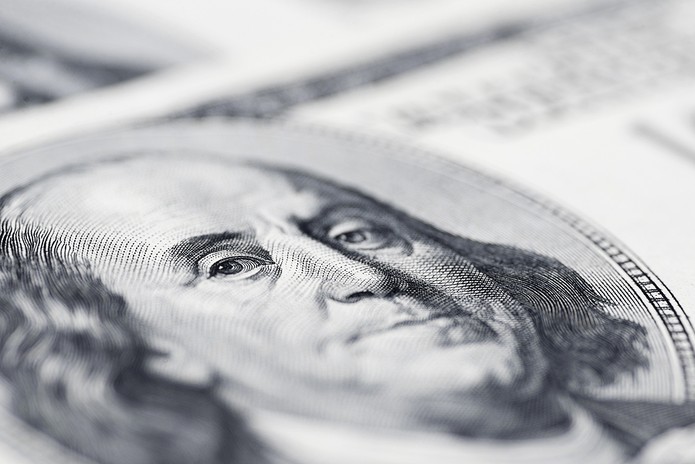 While it may seem a long way away right now, time moves at such pace that it won’t be long until the Los Angeles Olympics in 2028 are the next big showpiece occasion in sport.
While it may seem a long way away right now, time moves at such pace that it won’t be long until the Los Angeles Olympics in 2028 are the next big showpiece occasion in sport.
The Paris Games are sure to be a hit in 2024, but the USA has such a fine heritage of hosting major sporting events – it has hosted more editions of the Summer Olympics than any other country – that fans of the spectacle could be forgiven for getting hyped up already.
The provisional list of sports to be contested has now been revealed, as have the various venues and stadiums that will host the action, and so we can begin to put together a dossier of how the 2028 Olympic Games are shaping up.
The Olympic Games 2028 Bidding Process

Five cities assembled a bid to put to the International Olympic Committee (IOC) back in 2015, with the authority deciding on the hosts for the 2024 and 2028 Games simultaneously:
- Los Angeles
- Paris
- Budapest
- Hamburg
- Rome
In 2017, the IOC announced that Paris and Los Angeles had been chosen as their two hosts, with the French capital decided as the better option for 2024 and the Californian city for four years later.
What Sports Will Be in the Olympics 2028?

For the first time in a century, both boxing and weightlifting have been removed from the IOC’s list of core sports for the Games.
Boxing has been dogged by accusations of fixing and bribery since the Rio Games in 2016, and it has since been confirmed in a 152-page investigative report that judges had agreed to fix contests using a number of different hand signals to determine their point scoring.
With concerns also about the financial state of amateur boxing, the IOC’s chief Thomas Bach was left with no alternative but to issue an ultimatum: prove to us you can shape up, or boxing will not be part of the 2028 Olympics.
“AIBA [the International Boxing Association] must demonstrate that it has successfully addressed the ongoing concerns around its governance, financial transparency and sustainability and the integrity of its refereeing and judging processes,” Bach confirmed.
Weightlifting is another Olympic sport that has been mired in controversy in recent years, with doping and drug cheats rife. The former head of the International Weightlifting Federation (IWF), Tamas Ajan, was sensationally sacked for his part in a doping programme, while one of the sport’s gold medallists in Rio – Nijat Rahimov – has since been charged with doping offences after it was confirmed he swapped urine samples to pass a pre-event test.
Those two sports, plus modern pentathlon, may have a tough time in persuading Bach and his colleagues of their integrity, and that is one of the reason that the IOC has instead chosen to continue with a more youth-focused schedule – skateboarding, surfing and sport climbing have been confirmed amongst the core sports for 2028.
A number of other traditional Olympic sports will remain in place for 2028, from aquatics, archery and athletics to tennis, volleyball and wrestling.
There is a formal process for other sports to be added to the itinerary, and interestingly the official Olympic Games website has carried a story insinuating that cricket could be the next sport to be added to the rota in time for 2028.
Which Venues Will Host the Los Angeles Olympics?

With eleven years to plan and carry out their strategy from the moment they were first revealed as the host of the 2028 Games, Los Angeles has had plenty of time to get their house in order.
Two of the most prominent arenas in the city, the Banc of California Stadium and the SoFi Stadium, will be used in their current guises to host the opening and closing ceremonies, some athletics disciplines and football between them.
The Los Angeles Memorial Coliseum has also been given a makeover, with a capacity of more than 78,000 able to cram onto its open air terraces.
In addition, four ‘sports parks’ will be created to host some of the Games’ other disciplines. Downtown Sports Park will incorporate the STAPLES Center, the Microsoft Theater and the Los Angeles Convention Center to host everything from swimming and diving to taekwondo and basketball.
In the Valley Sports Park, a number of venues in the Sepulveda Basin will host canoeing, shooting and equestrian, while South Bay Sports Park – focused on the Dignity Health facilities – will take ownership of tennis, hockey, rugby and track cycling.
Finally, the sumptuous Long Beach Sports Park will welcome sailing, swimming and triathlon amongst other disciplines.
Who is Paying for the Los Angeles Olympics?

As tends to be the case, the Olympic Games will be funded by anonymous ‘private’ sources, who generally remain nameless every four years.
But, unusually, the Los Angeles City Council and State of California legislatures have agreed to act as a ‘backstop’ if the capital raised from the private sector is not enough to cover costs.
The total budget for the Games has been estimated at around $6.88 billion – approximately £5.2 billion, although organisers believe they will break even when sponsorships, ticket sales, merchandise and other forms of commercial revenue are toted up.
It would make the LA Games the most expensive in Olympic history – and a far cry from the $320 million that was spent the last time the Games took place in Los Angeles back in 1984.